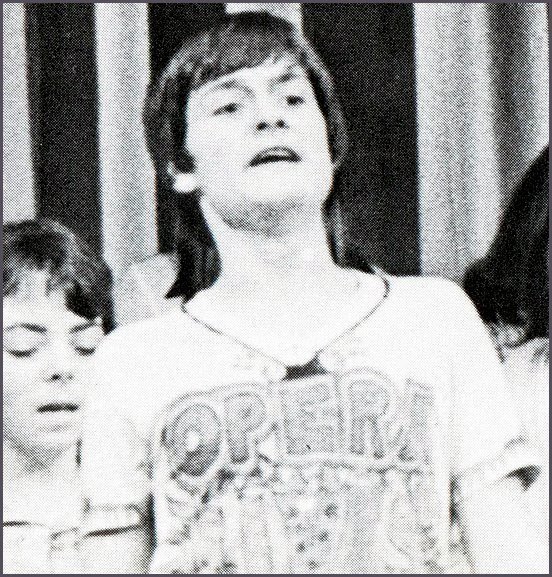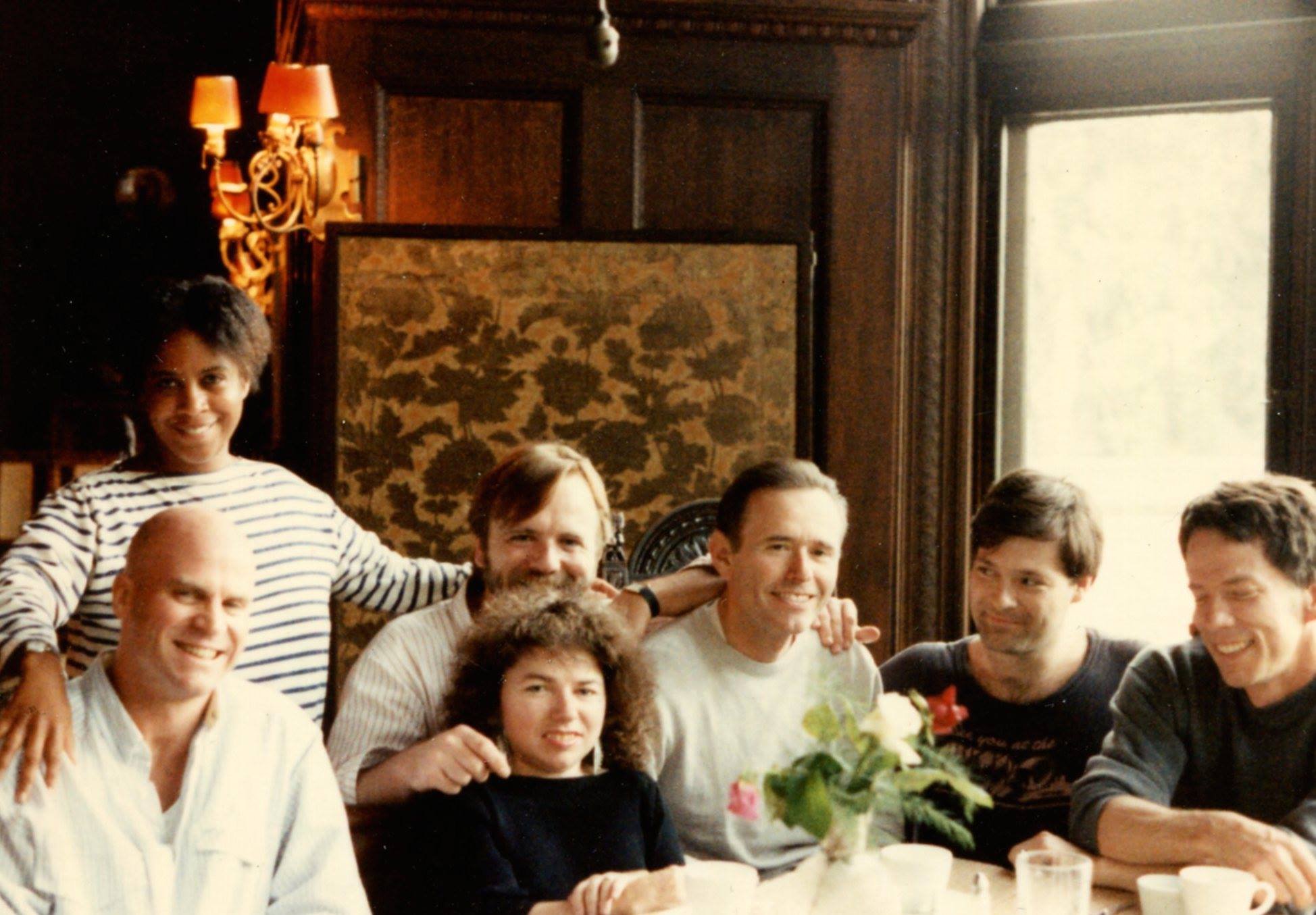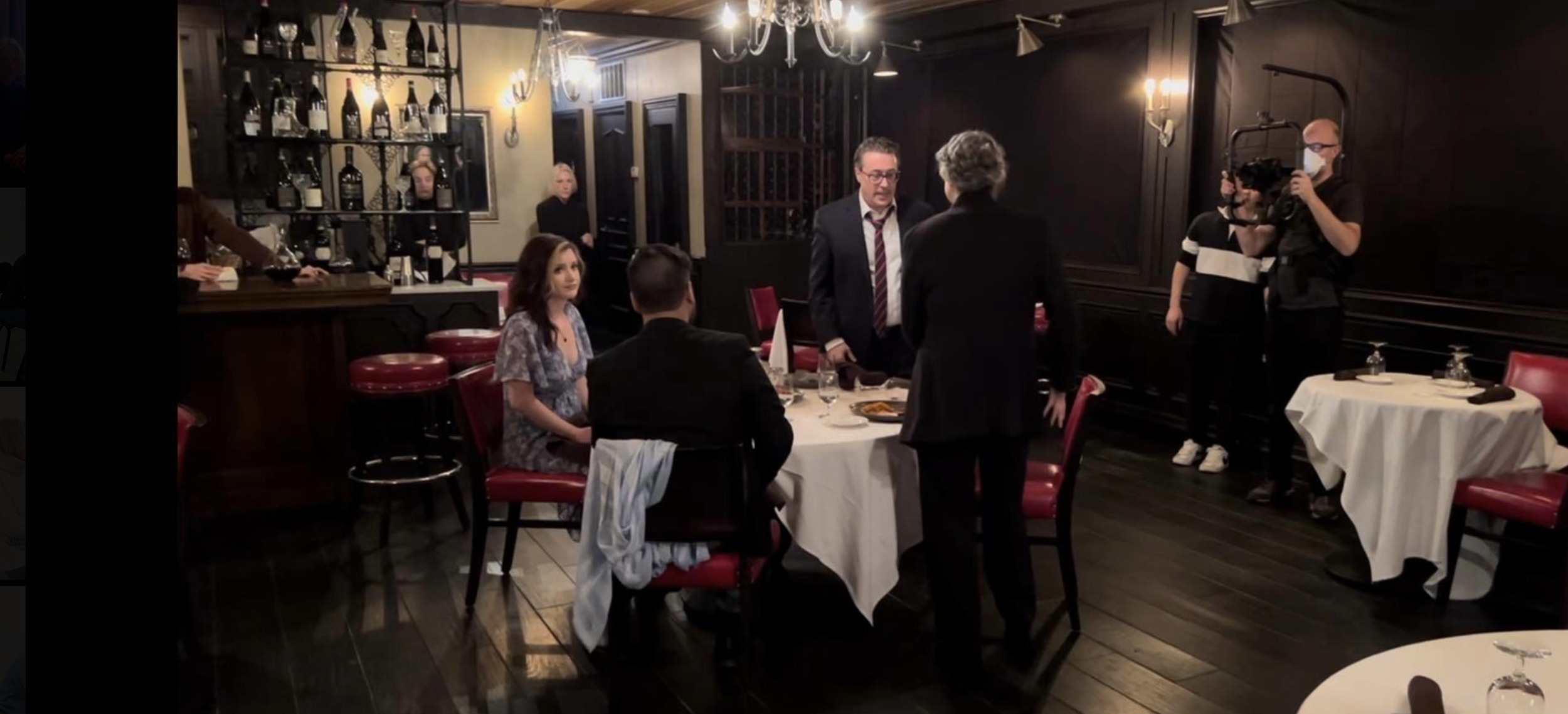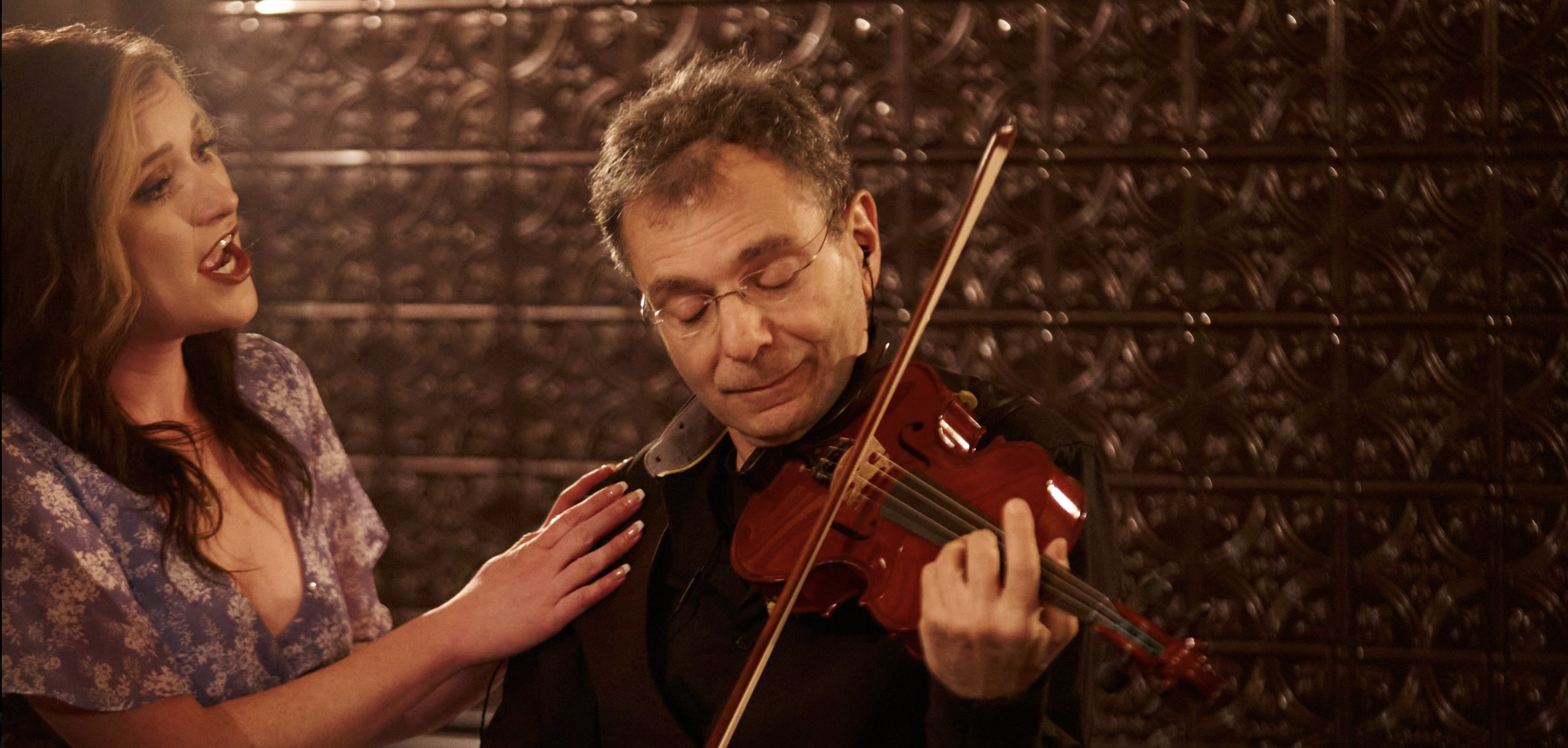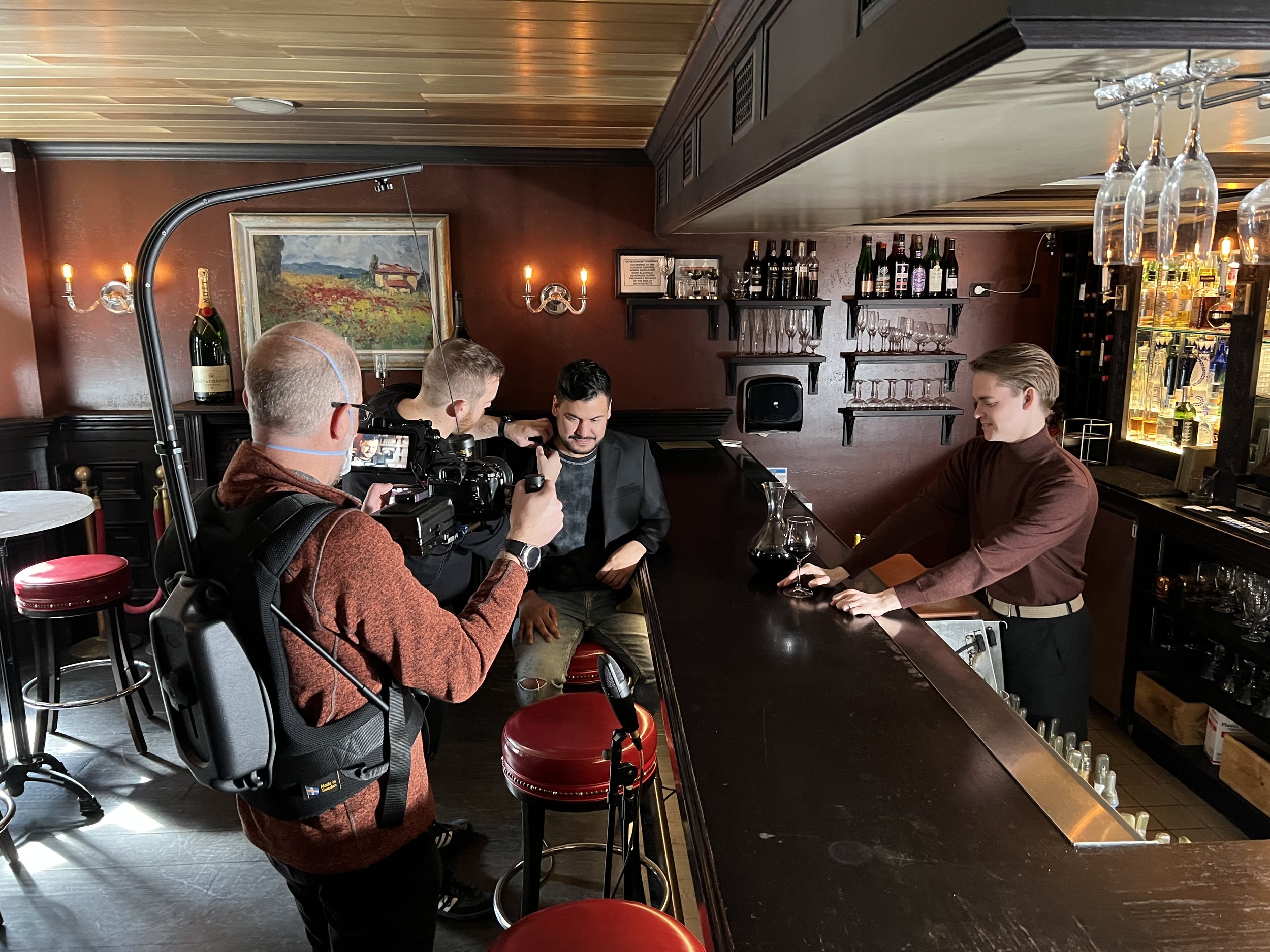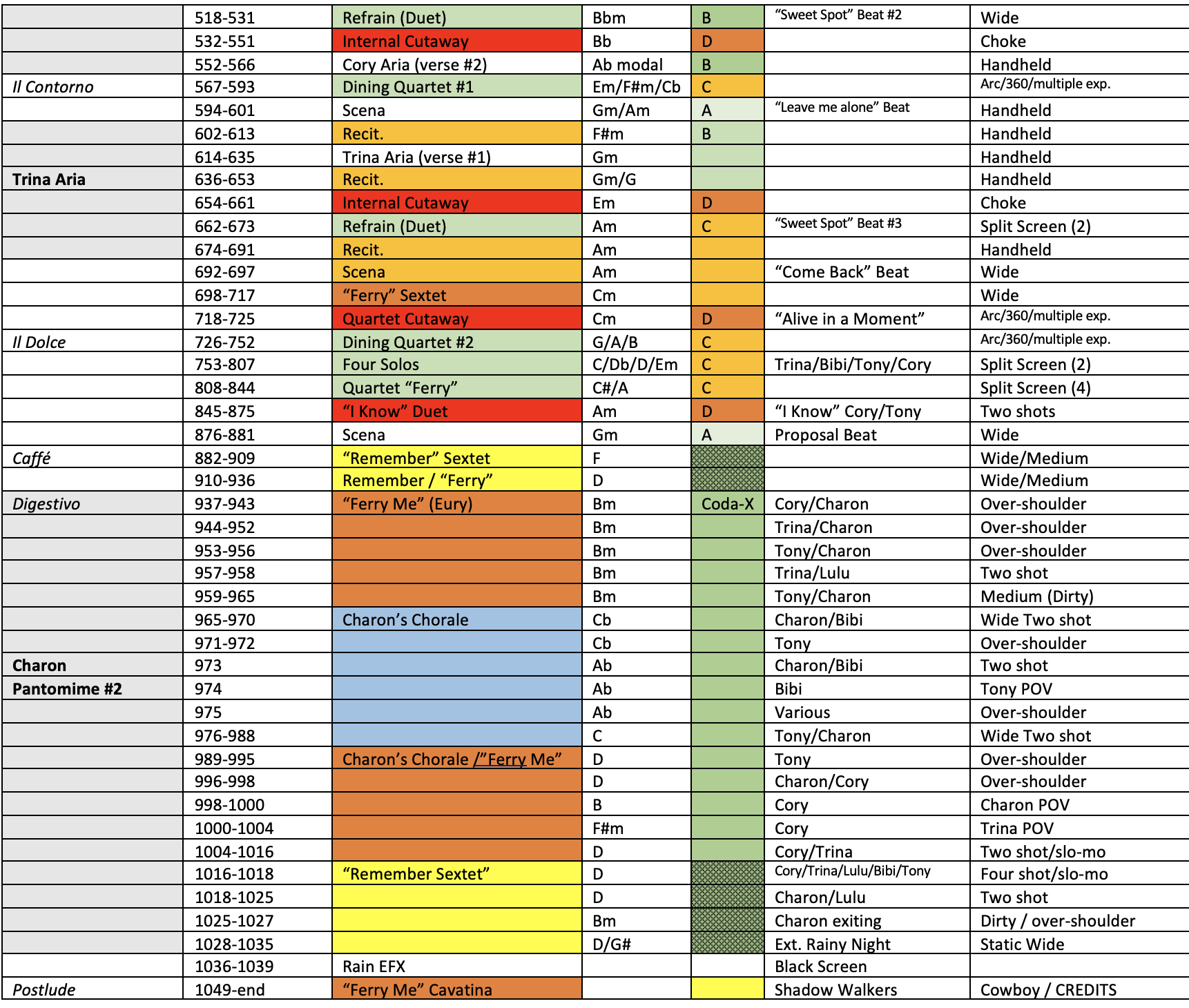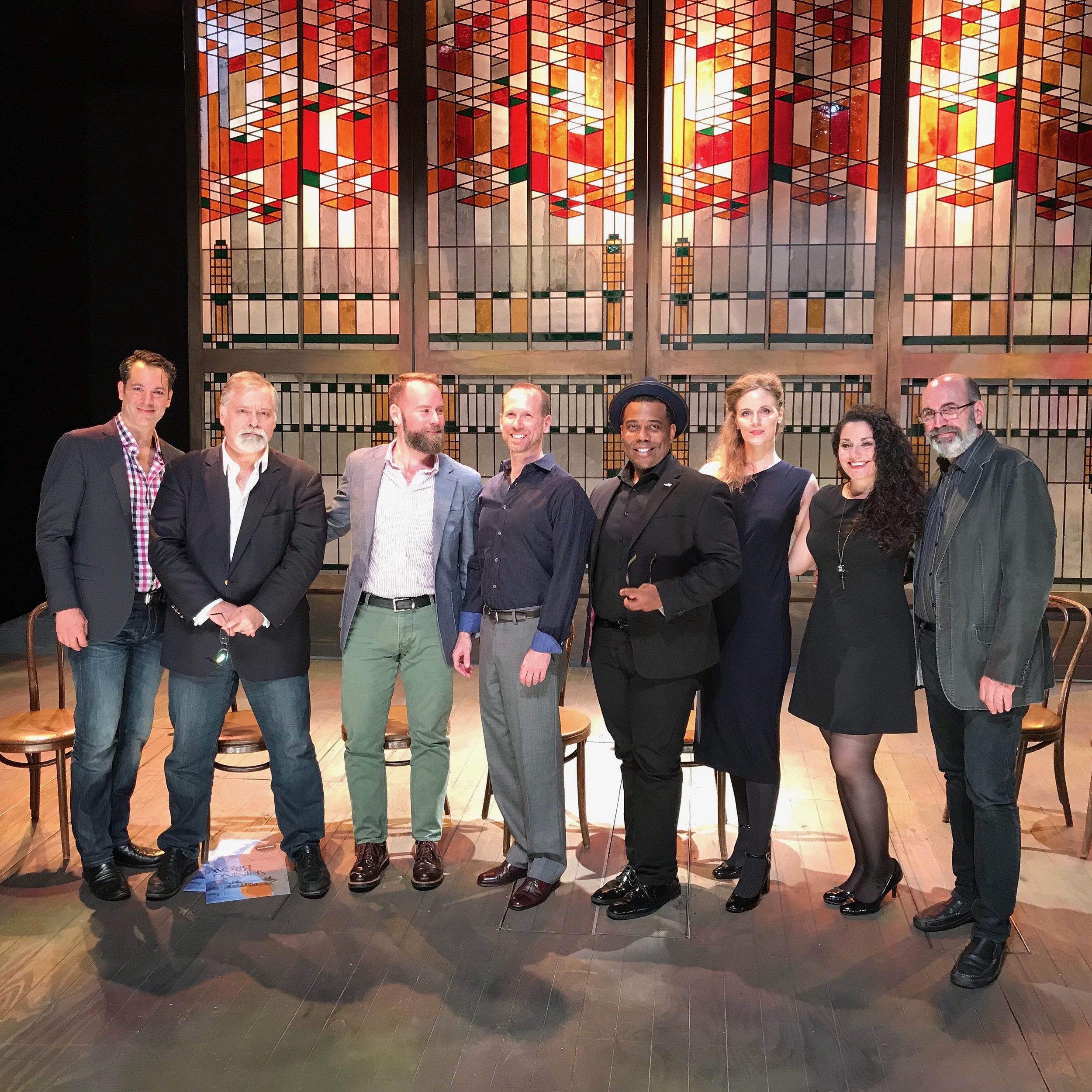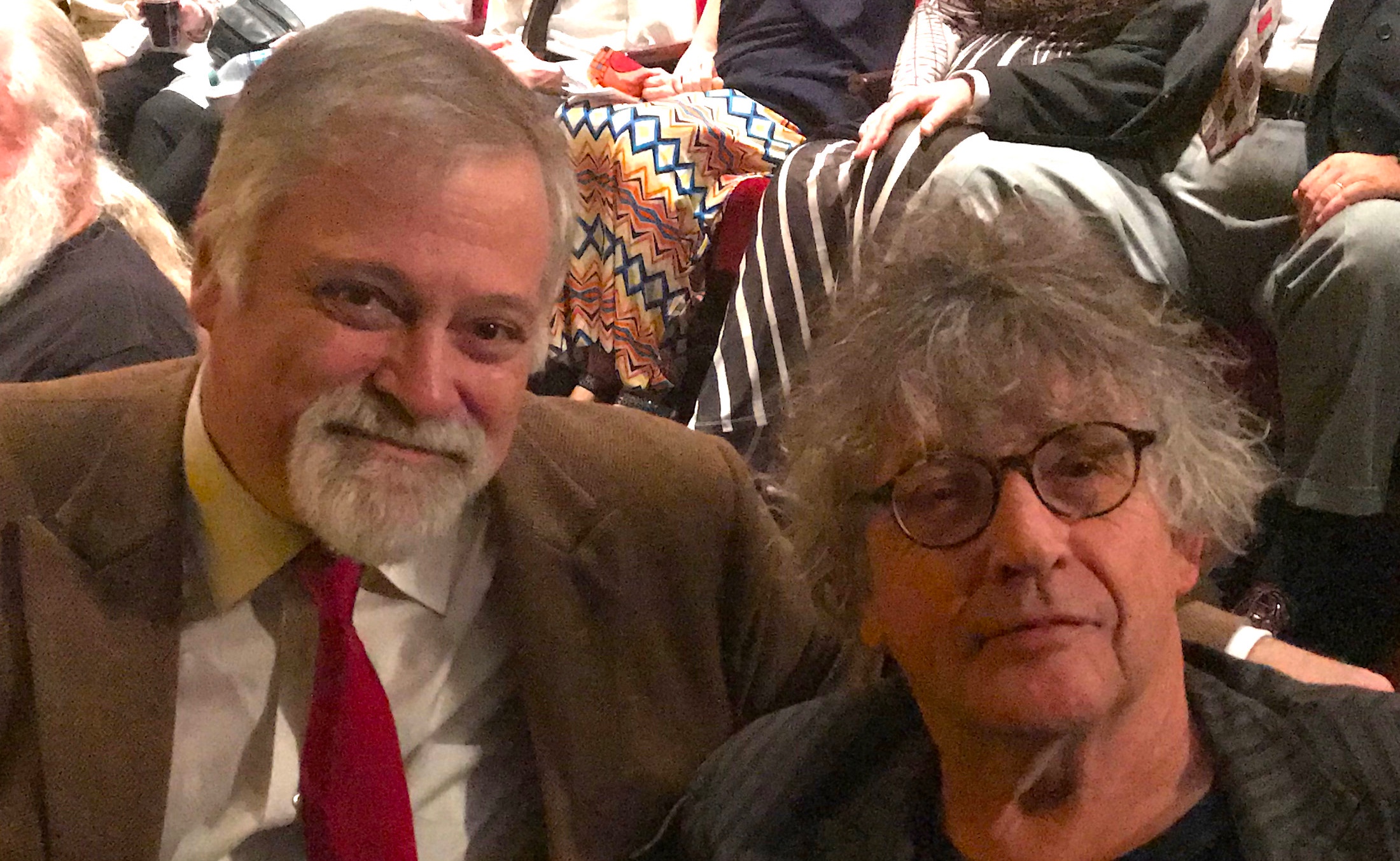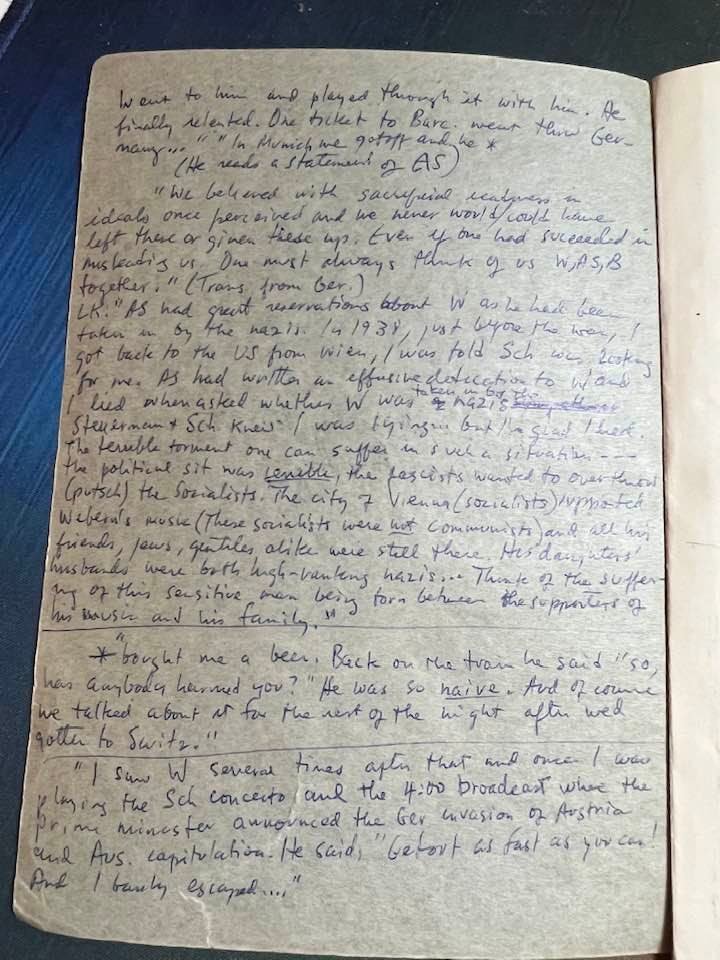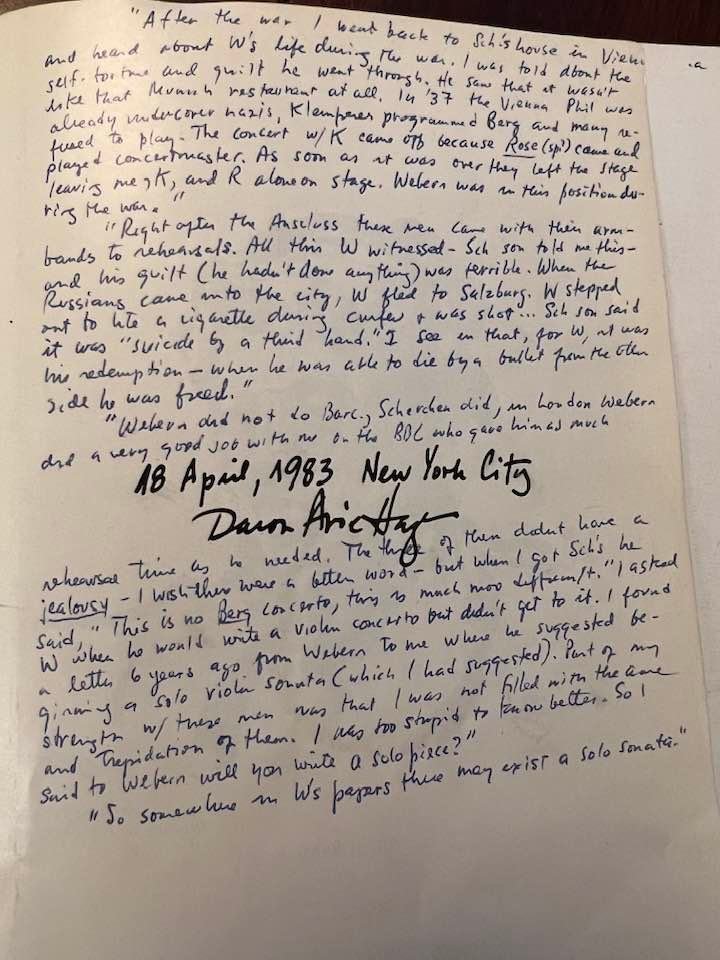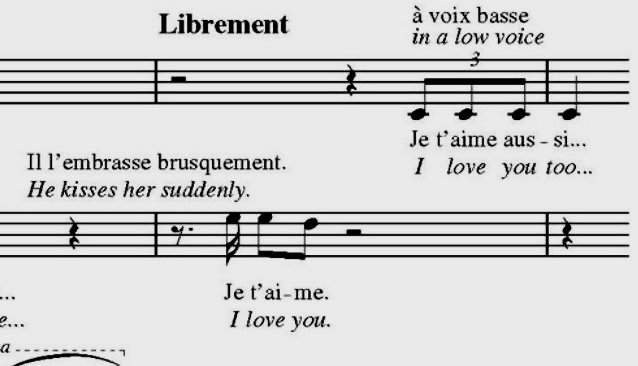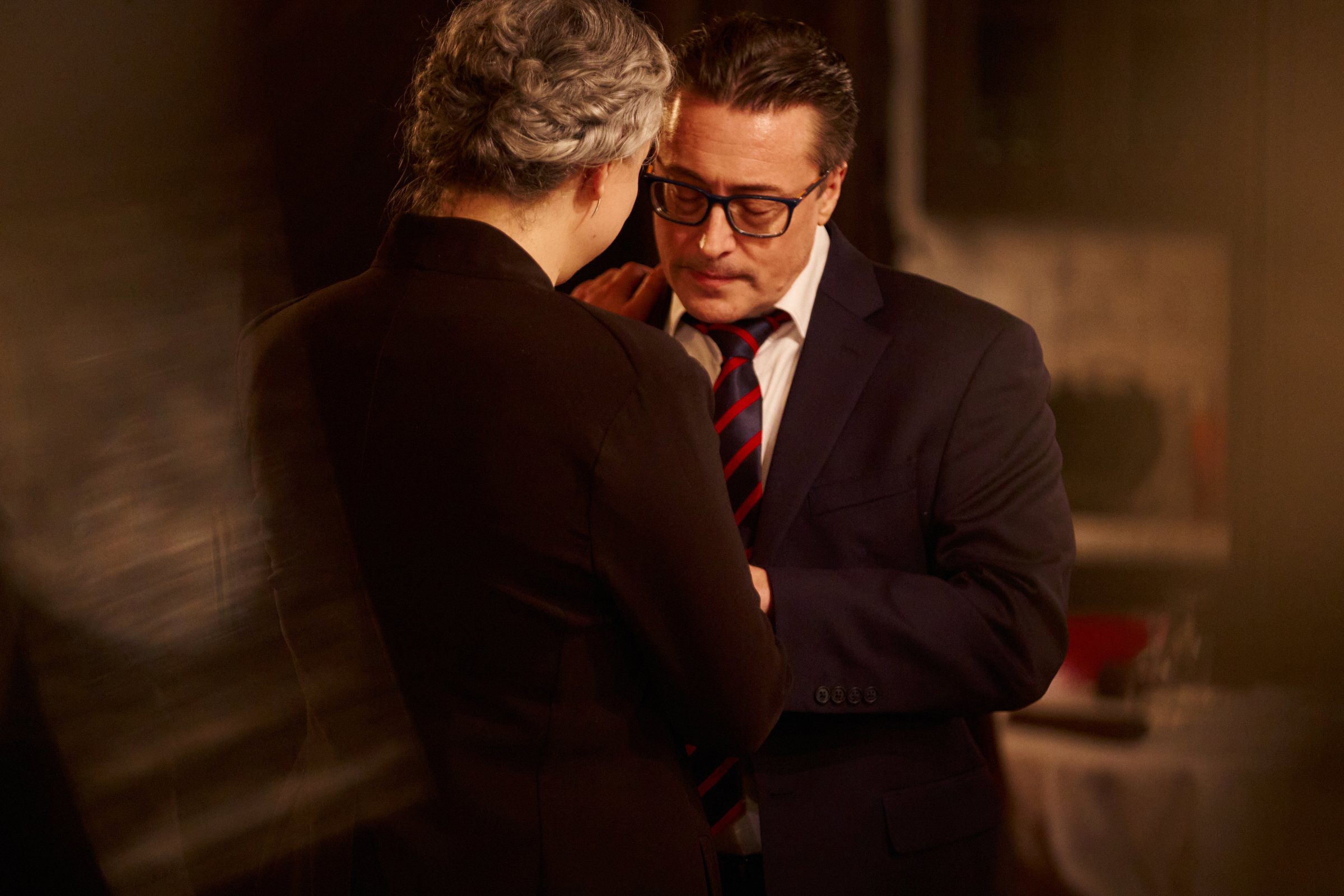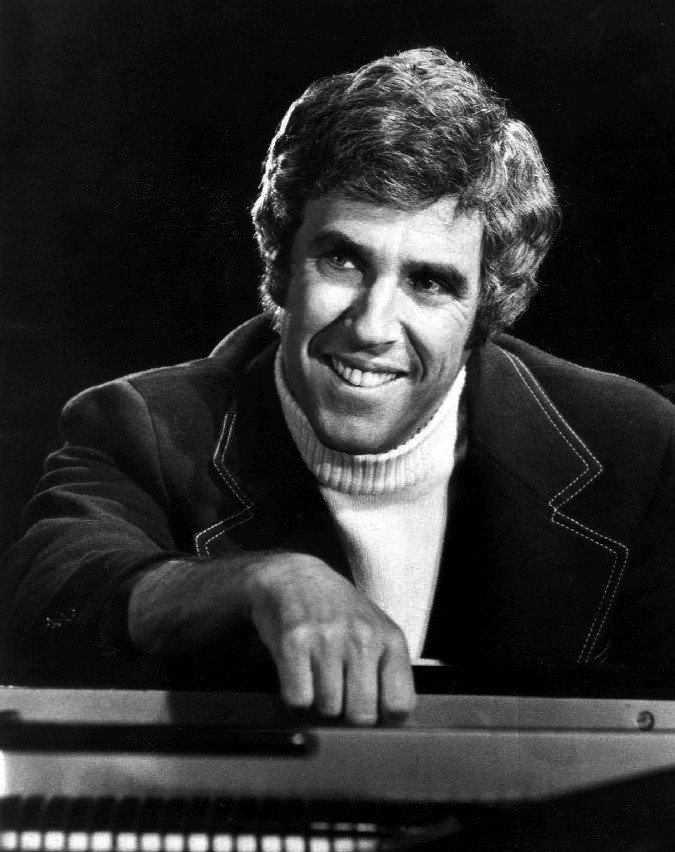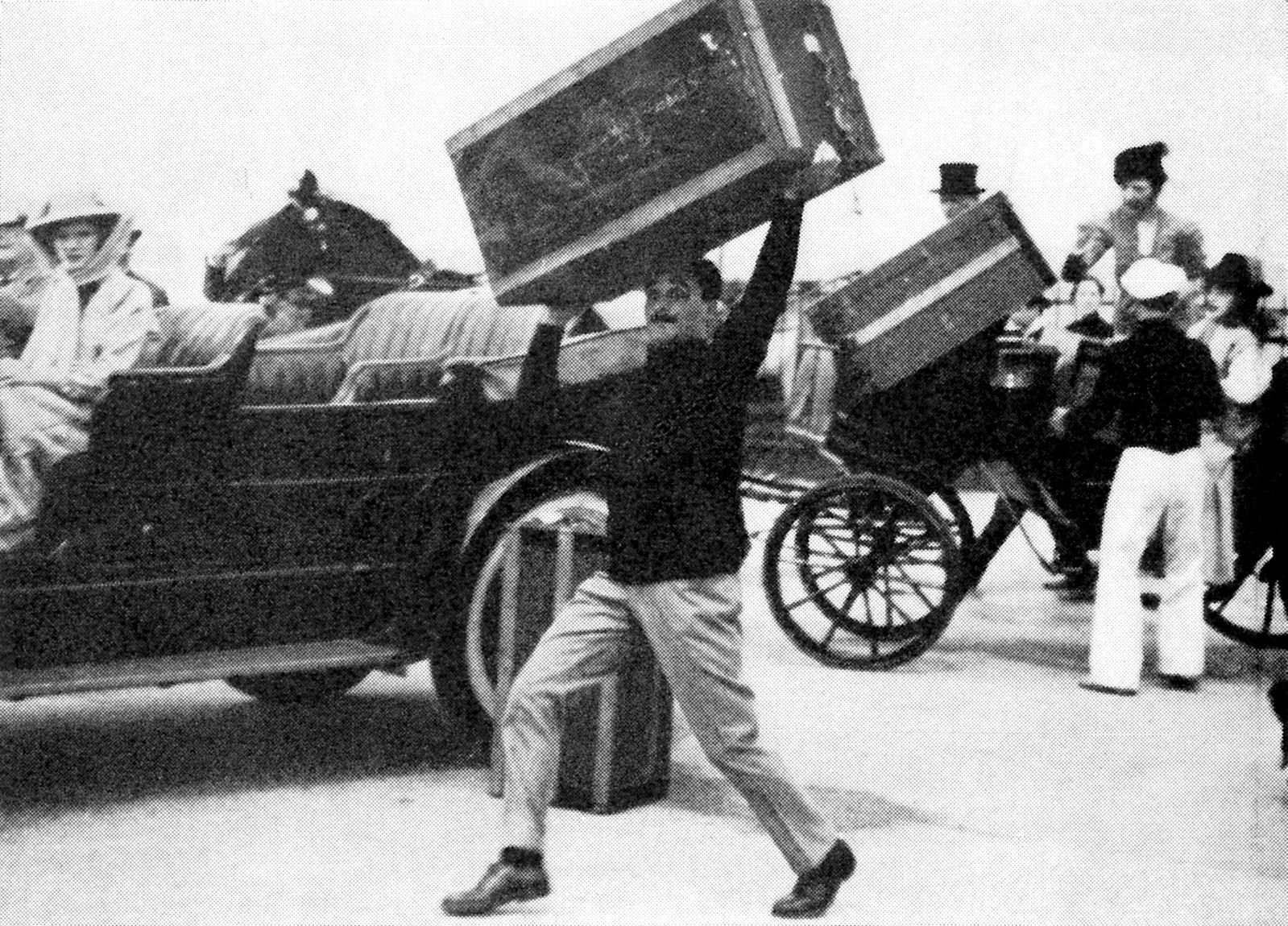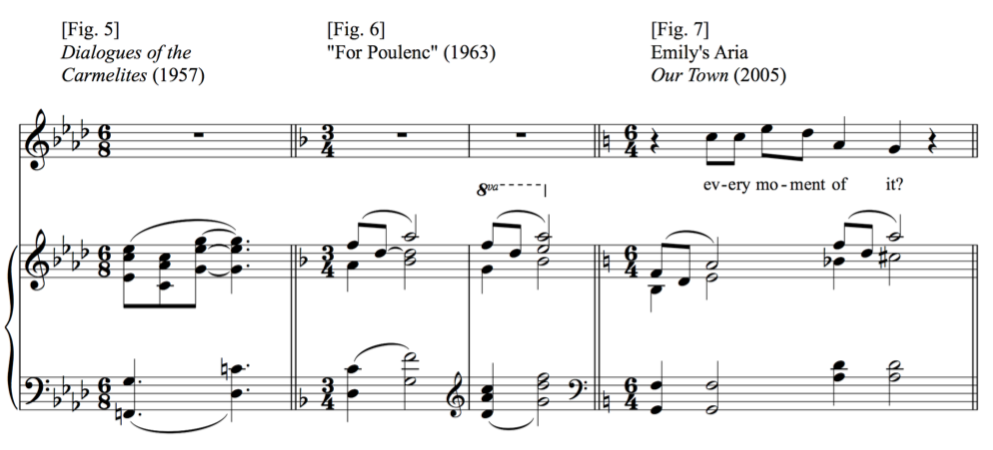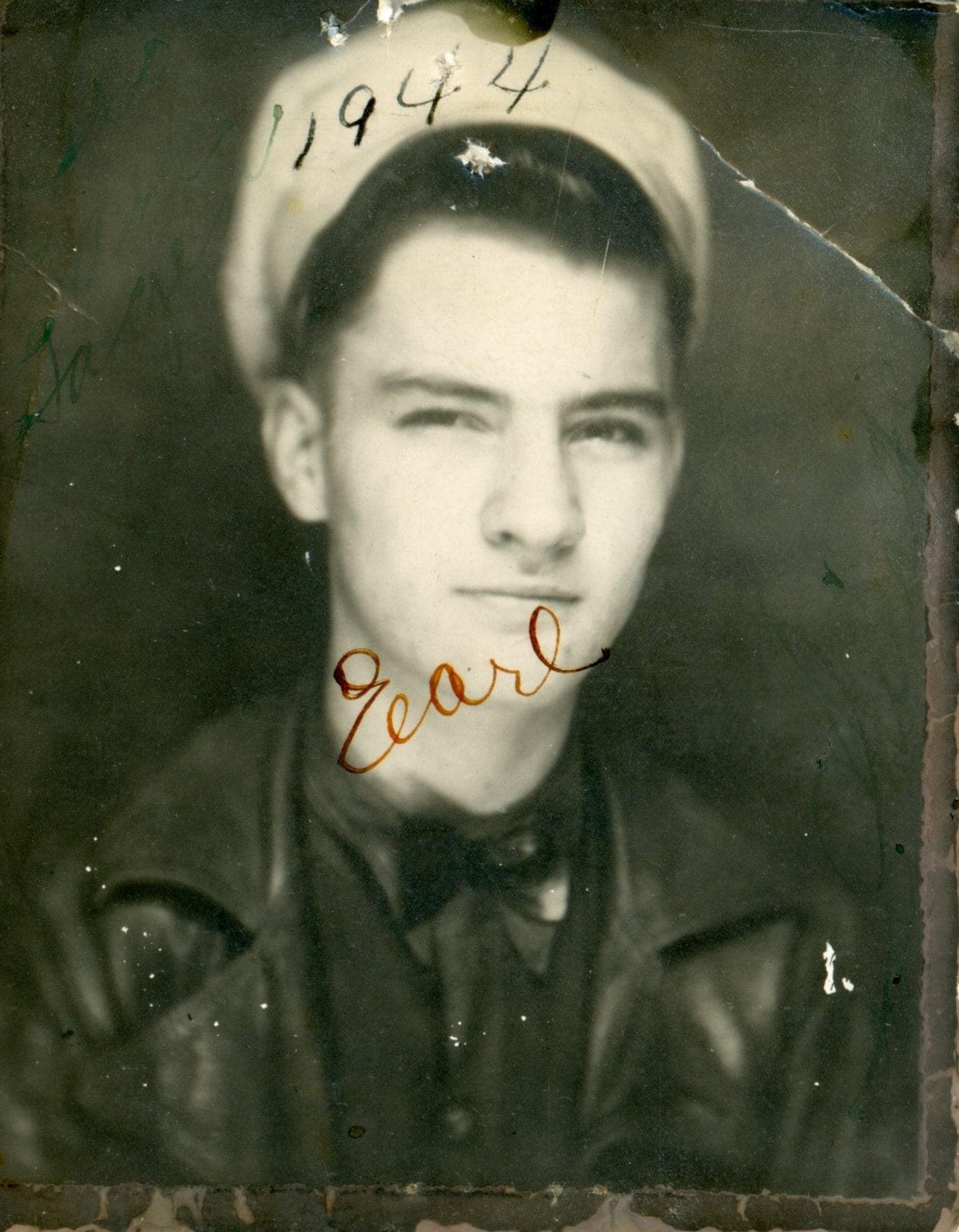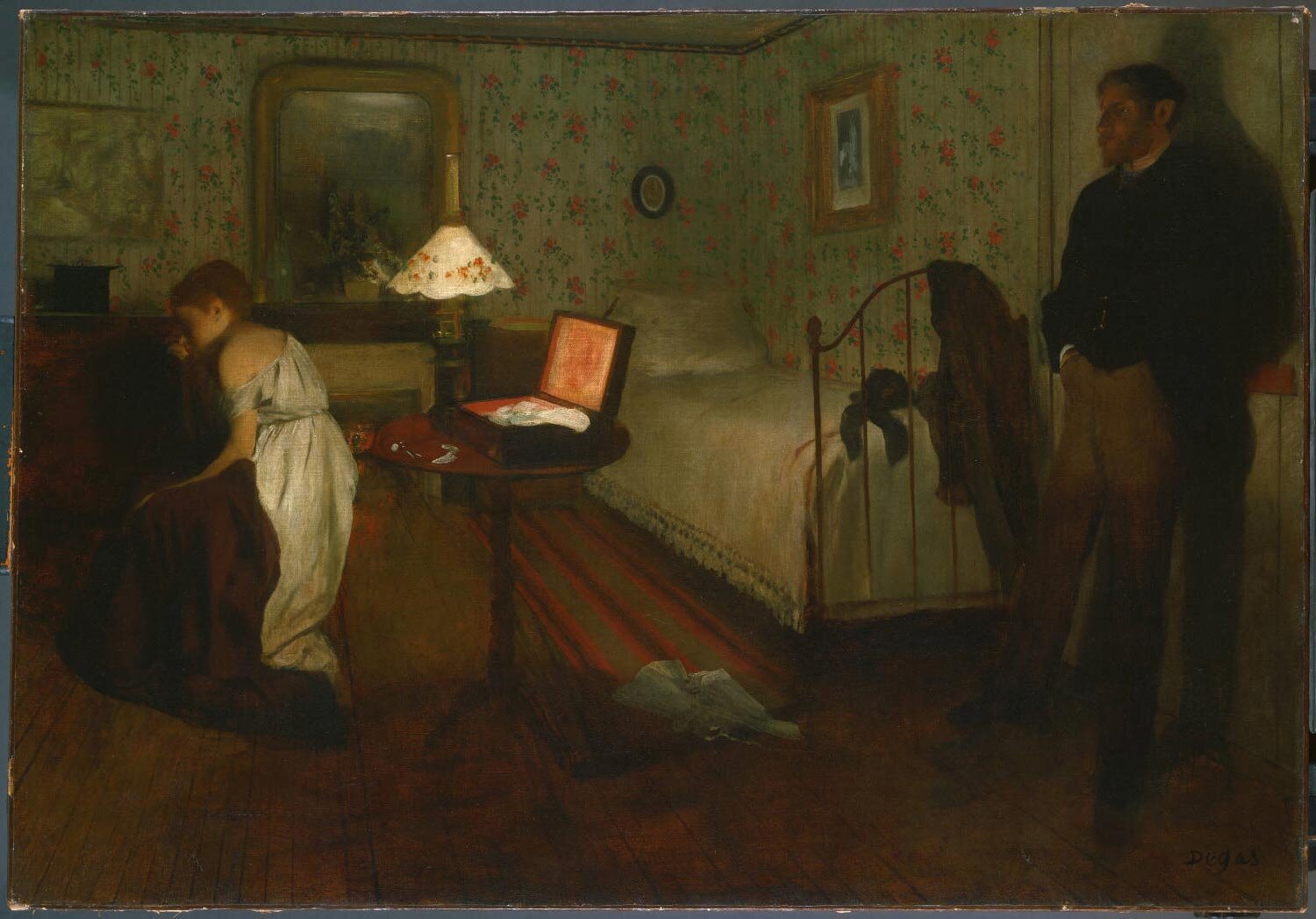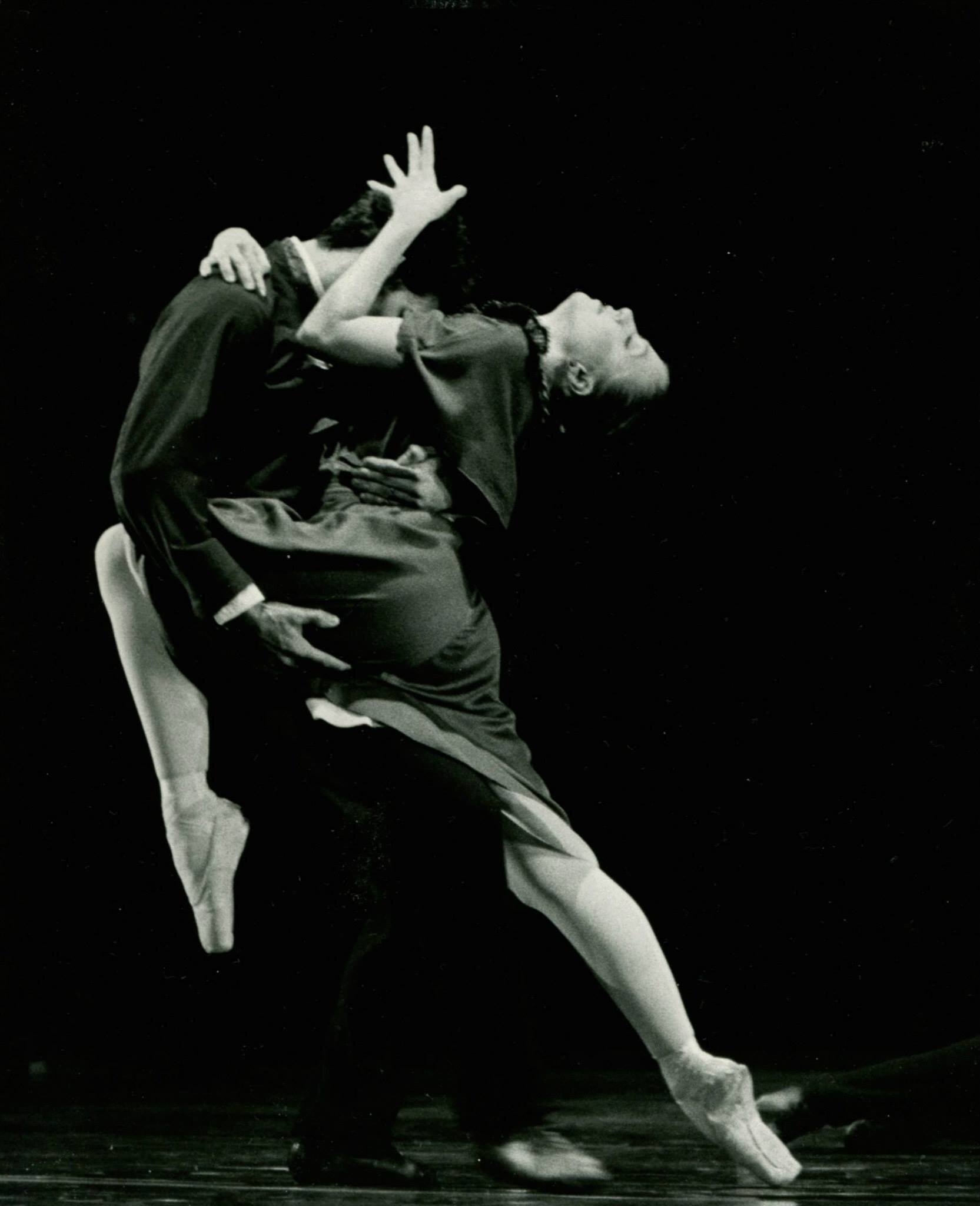“YOUTH, large, lusty, loving—youth full of grace, force, fascination,
Do you know that Old Age may come after you with equal grace,
force, fascination?
Day full-blown and splendid—day of the immense sun, action,
ambition, laughter,
The Night follows close with millions of suns, and sleep and
restoring darkness.”
Long have I unpacked Walt Whitman’s lines, which I first read when assigned Leaves of Grass by a beloved English teacher but which I — all of sixteen and enmeshed in the white-hot burn of the first four words of the poem — sped by without taking note. A year later, reading through Ned Rorem’s “art song” setting with a friend as an undergraduate at the University of Wisconsin in Madison, I’d grown slightly more mindful, and at least made note of the next six lines.
Two years later, during a lesson at his apartment in New York, Ned presented me with a sheet of yellow foolscap on which he had typed (with his trusty Royal portable) the same poem, decreeing that I should “have a go at it.” I had miraculously left Wisconsin behind and settled in Philadelphia where, setting the poem to music myself, I realized that, in life, at least, I had of course skipped lines two and three and was living — at full bore — lines four and five. As the decades passed, the poem stuck with me. My appreciation of lines two and three grew. At the age of sixty, I revisited the poem, and created, with Gilda Lyons, a new setting of it called Restoring Darkness for solo voice, which filmmaker H. Paul Moon and Gilda captured in an extraordinary single shot soon after its completion. The final two lines, of course, were now my focus, and the key to my understanding of this sturdy, wise piece of writing.
As an American composer born in 1961 I am a Latchkey child—a member of the first year of what is typically referred to as Generation X—sandwiched between the Millennials and the Boomers, my relationship to what constitutes “beautiful singing” has matured along lines parallel to my maturation as a person.
As a sixteen-year-old composer manque, I was enmeshed in the white-hot burn of the first four words of the poem. Singing was just that. I was taught to sing “correctly” and “well” in the Lutheran and Anglican choral traditions by superb chorus teachers, but I also grooved to (and appreciated the artistry of) “off the voice” folk singers, Bob Dylan, and the first generation of amplified rock musicians whose vocal training was often nil. By the time I landed in Madison, I was earning beer money plowing through the Twenty-Four Italian Songs and Arias with voice majors, having for years appreciated the exhilarating vocalisms of Cathy Berberian, the magnificently balanced tone of Barbara Streisand, the splendid phrasing of Frank Sinatra, the emotionally undeniable wisdom of Maria Callas, and the nuanced, Fellini-esque meta-authenticity of Peter Pears.
Two years later, studying with Ned, I learned (but was not taught) why Samuel Barber’s vocal writing was considered more “elegant” than Gian Carlo Menotti’s, and, with gently relentless reminders, encouraged to find Menotti’s vocal writing somehow “theatrical” in nature and therefore less refined. I had already accompanied many of Ned’s early, Billie-Holiday-meets-Francis-Poulenc songs (which I adored) and had begun to process why, when prominent “vocal coaches” were invited to coach Rorem or Barber, they usually chose Barber. But I was in the full flower of lines four and five, composing my first big opera, Shining Brow, and, from today’s standpoint, the vocal writing that I consciously emulated combined Benjamin Britten’s muscular modernism and Stephen Sondheim’s theatrical practicality.
Age came to me “with equal grace” when I rejected the hierarchization that vocal partisans place on “singing styles.” I remember the moment. It was in Texas sometime during the 90s. I had been engaged to present a masterclass at a college that was producing one of my operas, and was coaching a young singer on a performance of Ned’s “Early in the Morning,” which I had been coached on by Ned a few times over the years with various singers. The delightful vocalist was crooning away at a moderately slow clip (I approved—after all, the Holiday factor, on which Ned doubled down when he sang his own music at the piano), finished, and it was time for me to speak up. I recalled that Ned — every single time I played it for him — always had two things to say: “play it faster, and don’t ‘sell’ it.” So, I told the singer the same thing, making it clear that the comment came from Ned, not me. The singer sang it again, faster, and without the Holiday vibe. It sounded more like the way Ned would have liked it; but it didn’t sound the way that singers like to sing it, and audiences, by and large, prefer to hear it. Behind me, in the back of the room, the singer’s teacher (or coach—I don’t recall which) nodded vigorously “no-no-no.”
Ever since, all “singing styles” have had, to me, “equal, grace, force, fascination.” I mix “singing styles” not only as an efficient way to help mainstream listeners to differentiate characters and to subvert the conception of what constitutes “class,” but to invite audience members with preconceived notions of what constitutes not just “good” and “bad” singing, but “good” and “bad” taste out of their intellectual and aesthetic complacence—to move them to embrace a broader conception of what constitutes “beautiful singing.”
Although the difference between musical theater acting singers and operatic singing actors is not absolute, musical theater acting singers typically lean into characterization and operatic singing actors focus, because their audience requires it, on beauty of sound. A musical theater singer can be a Stanislavskian, or a Method actor, literally feeling the emotions that the character is experiencing, because their audience interprets their “getting choked up” as emotional authenticity.
To maintain proper alignment of the instrument, most opera singers are taught that they cannot risk allowing a Strasbergian remembrance of experience to get them literally verklempt. Consequently, Classical acting is their usual go-to, as it requires “sticking to the script,” which composers and conductors appreciate. The chamber musician in them cottons to the sort of finding of truth through ensemble building of the Meisner method. Authenticity through collective imagination allows the muscles to remain aligned, and the voice to emerge, physically “unaffected” by the emotion conveyed.
So, what’s the point? I don’t compose for the singers that I can afford, I write for the people singing. Sometimes I get it wrong. But I try to learn from the experience. Once I wrote a role for a Big Star who, in the practice room, sang the role for me as I wrote it for them, but—when they stepped on to the stage—reverted to the way they had sung the role before I had coached them. It was a heartbreaking moment, because I had given them material that would have changed the course of their career, paving the way to the character roles that would have continued to feed them artistically into their sixties, even seventies. But they had mouths to feed, management with which to contend, a public that had decided who they were. Singing is a brutal profession.
Now I am at the “millions of suns” stage of my life as a vocal composer. Long as my stance has been that there is only singing that lands and singing that doesn’t, and that abstract “beauty of sound” is a precious thing, but it is not the Only Thing, I have come to feel a bit like Gusteau in Ratatouille, who feels that “everyone can cook.” No, I am not a gourmand; of course I can tell the difference. But I am drawn to authenticity above all. The rest is exquisite artifice. If I hear you sing, and I tell you that I think you sing beautifully, I mean it.
